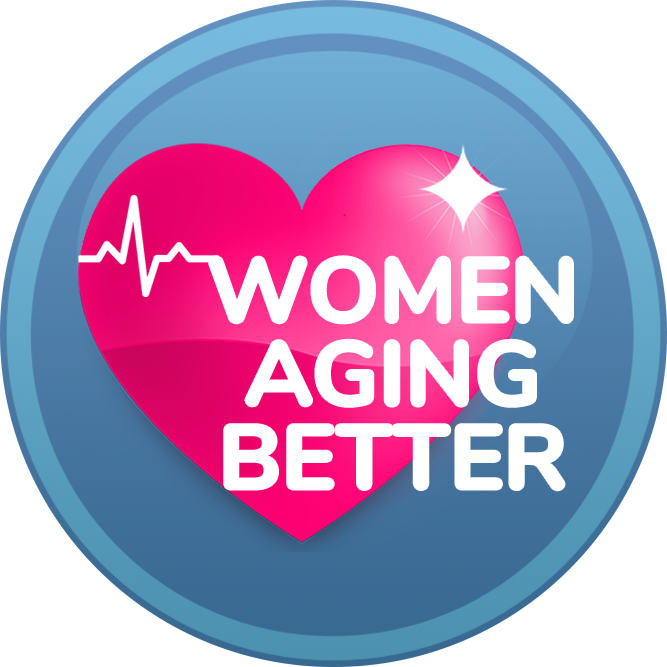How Much Exercise is Enough
Do you work out too little or too much?
I recently talked with too different friends who are actually working out too much. For most of us, this is not a problem.
For these two individuals however, they were missing the signs that they were overdoing their workouts and were suffering from repeated injuries, lack of energy, and some depression.
As we age, many women tend to move less while continuing to eat the same (and sometimes more) so it’s no surprise that many aging women are losing muscle mass every year and are gaining weight each year.
This combination puts us at risk for osteoporosis, cardiovascular disease, type 2 diabetes and a slew of other medical conditions that most of us would prefer to avoid.
So how do we move enough without overdoing it?
Generally speaking, it is recommended that women over 50 years of age engage in:
Moderate aerobic exercise a minimum of 150 minutes of per week (e.g. brisk walking, strenuous yard work, etc. for 30 minutes 5 days per week) OR 75 minutes of vigorous aerobic exercise per week (e.g. hiking, jogging, water aerobics, etc. for 25 minutes 3 times per week).
Strength training a minimum of 2 times per week. This can be done with weights, resistance bands or a combination of the two.
Balance exercises regularly (e.g. at least 3 days per weeks). This can be as simple as balancing on one leg or can be more complex such as balancing on a wobble board, bosu or balance disc.
The bottom line is that we need to learn consistency and moderation as we age, both in our movements and our eating. Social accountability is the number one way to maintain consistency and having a plan is equally important.
We all schedule and prioritize our work needs, children, grandchildren, or aging parents (and the needs of everyone else) but most of us neglect to give the same type of priority to our own needs.
It’s important to get our own workouts and cardio into our schedules so we can continue to engage in all of the activities that are important to us as we continue to age.
Action Step: (Always talk with your doctor before starting a new exercise routine but assuming you are already exercising, the following will help you to become even more successful.)
If you don’t do this already, schedule your strength and cardio workouts into your calendar right now. Think about when you are most likely to get your workouts done and whether you have anyone you’d like to do workouts or walks with.
Many people are more successful getting workouts done in the morning even when they don’t like getting up early.
The benefits include:
increased metabolism and mood for the day,
nothing gets in the way of your workout, and
sometimes you even forget your workout is already done at the end of the day and get to enjoy the sense of accomplishment all over again!
Keep an exercise log of your progress for the week and make modifications as needed. And most importantly, be kind to yourself.
Change takes practice and patience. You’ll get there is you want it and you’ll feel better when you do.

